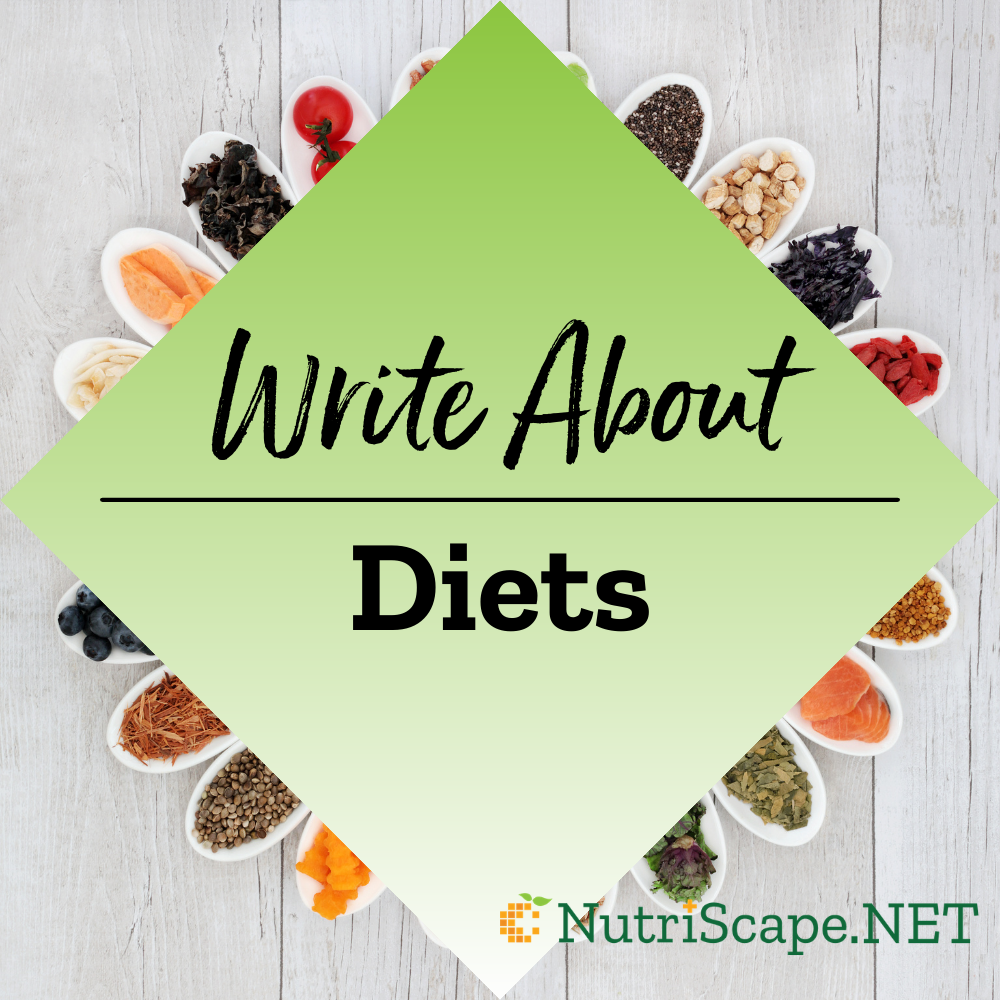
We came across this topic some time back and thought it would be good inspiration for a NutriScape.NET article written from the dietitian’s point of view. Here are some quick snippets you can follow.
So after every hurricane, or after every forest fire or earthquake, such as you have had, Julia, governments should be urging people not to resort to so-called comfort food, okay? And I know the people who are very upset, do not crave broccoli. But they really need to feed their brains and their bodies in moments of crisis, and our government should be giving that message. That is an extremely important global mental health issue.
1. EMPower™, EMPowerplus™, and EMPowerplus Advanced™ (EMP)
www.truehope.com
For: ADHD, mood dysregulation, PMS, symptoms associated with trauma, aggression, depression, stress, anxiety.
For those taking the current EMP formulation for improving mental health symptoms, the dose stipulated on the bottle is two capsules twice a day (the dose recommended for general health). However, the dose more typically used in current research is at least four capsules twice a day. For those using these products for assisting with managing stress, our research after the earthquakes and floods showed that a therapeutic dose may be lower, such as four a day.
Research
- Rucklidge, J. J., & Blampied, N. M. (2011). Post earthquake functioning in adults with Attention-Deficit/Hyperactivity Disorder: Positive effects of micronutrients on resilience. New Zealand Journal of Psychology, 40(4), 51-57.
- Rucklidge, J. J., Johnstone, J., Harrison, R., & Boggis, A. (2011). Micronutrients reduce stress and anxiety following a 7.1 earthquake in adults with Attention-Deficit/Hyperactivity Disorder. Psychiatry Research, 189, 281-287. doi:10.1016/j.psychres.2011.06.016
- Simpson, J. S. A., Crawford, S. G., Goldstein, E. T., Field, C., Burgess, E., & Kaplan, B. J. (2011). Systematic review of safety and tolerability of a complex micronutrient formula used in mental health. BMC Psychiatry, 11(62). http://www.biomedcentral.com/1471-244X/11/62
- Rucklidge, J. J., Andridge, R., Gorman, B., Blampied, N., Gordon, H. & Boggis, A. (2012). Shaken but unstirred? Effects of micronutrients on stress and trauma after an earthquake: RCT evidence comparing formulas and doses. Human Psychopharmacology: Clinical and Experimental, 27(5), 440-454. https://www.ncbi.nlm.nih.gov/pubmed/22782571
Planning And Writing Your Article- With 1 Free CEU!
Although all dietitians are well-versed in academic writing, it can be a challenge to organize our vast knowledge in a way that hits the right chord for readers on the web. Before you sit down to write your epic article, save yourself some time by investing an hour in learning the basics of a solid writing process that can help you create your very best work.
We’ve scoured the internet for the best practices on writing and distilled the information to meet the needs of NutriScape writers. In our 1-hour CEU presentation, “Copywriting Skills for the Internet”, we discuss a structured process for each phase of writing and cover critical SEO principles that are key to getting articles found on Google.
This writer’s guide is a resource that will be sure to help as you organize your thoughts:

 Scan Me!
Scan Me!
